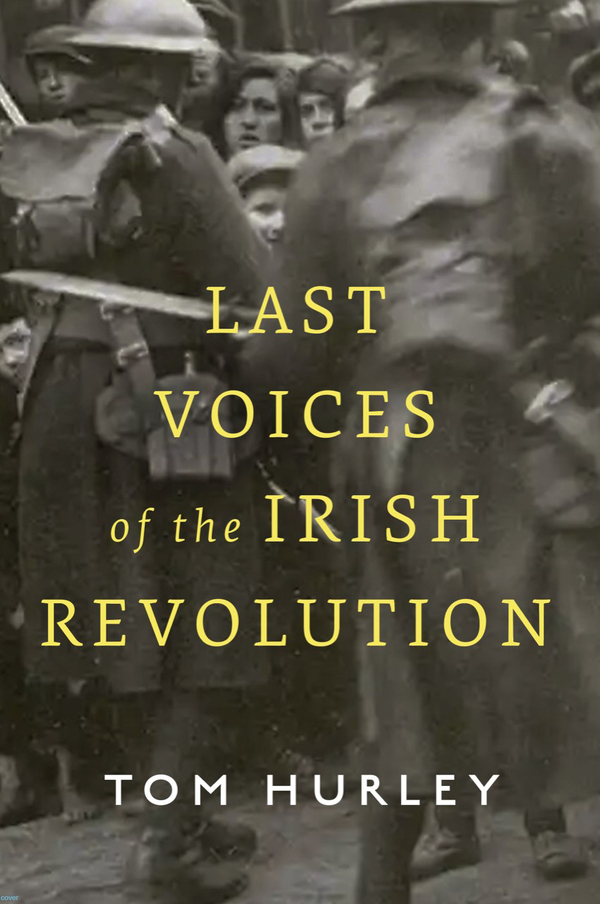
Anthony McGinley of Ballinamore, Fintown, photographed in 1990
The Irish Civil War ended in 1923. Eighty years on, author and documentary-maker Tom Hurley wondered if there were many civilians and combatants left from across Ireland who had experienced the years 1919 to 1923, their prelude and their aftermath.
What memories had they, what were their stories and how did they reflect on those turbulent times? In early 2003, he recorded the experiences of 18 people, conducting two further interviews abroad in 2004. Tom spoke to a cross-section (Catholic, Protestant, Unionist and Nationalist) who were in their teens or early twenties during the civil war.
The chronological approach he has taken to his book spans fifty years, beginning with the oldest interviewee's birth in 1899 and ending when the Free State became a republic in 1949.
Among those Tom spoke to was Anthony McGinley, born in 1905, of Ballinamore, Fintown. Topics he discussed included his father being a fenian, moving to Strabane during the outbreak of WW1 but shortly moving back to Donegal again to live with his aunt and uncle. Anthony had two cousins that fought in 1916.
He also discussed the black and tans, joining the Fintown Company IRA, men he knew and his activities leading up to the treaty of 1921. Anthony spoke about Charlie Daly from Kerry who operated in Donegal during the civil war in 1922, the occupation of Glenveagh Castle, death of his neighbour who had joined the Free State Army, the Drumboe executions of 1923, his arrest, his emigration to America and return to Donegal over a decade later.

Other interviewees from Ulster include Norman Douglas, born in 1909, who grew up in East Belfast and John Parkinson, born in 1907, who grew up on the Grosvenor Road. Patsy Holmes, born in 1902, from Cork was interned in Ballykinlar Camp, Co Down in 1921 and spoke of the northern men he met there including a priest named Father McLister from Co Antrim who used to visit to administer to the internees. Patsy also befriended Louis J Walsh, a solicitor from Maghera who was interned in Ballykinlar in 1921 following a period of confinement in Derry Gaol.
100 years after the Civil War ended, these 20 interviews recorded by Tom Hurley come together to create a unique oral account of the revolutionary period and the tensions that were brewing in the run-up and aftermath. Together, theirs are the Last Voices of the Irish Revolution.
Last Voices of the Irish Revolution by Tom Hurley is available in bookshops across the island of Ireland and can also be ordered online. It is published by Gill Books.
Subscribe or register today to discover more from DonegalLive.ie
Buy the e-paper of the Donegal Democrat, Donegal People's Press, Donegal Post and Inish Times here for instant access to Donegal's premier news titles.
Keep up with the latest news from Donegal with our daily newsletter featuring the most important stories of the day delivered to your inbox every evening at 5pm.